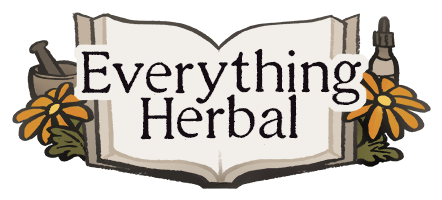Honouring our Teachers: Experiencing Reality and the Art of Learning to See the World.
Judgment has its place in the arena of practical life. Without judgment, it would be near impossible to navigate many of the fine details of the world of average, everyday experience. Judgment comes from the head. There is a quickness to the world when we perceive and relate to it through our heads. Being oriented from the head may allow for a certain efficiency and expediency in the practicalities of daily life, but it can also lead us to rush and ignore nuances, complexities, and the implications of the unseen relationships and subtle dynamics that underlie the given.
A great deal of conventional education is oriented around the head. This leads to an abstract view of the world, which in the extreme gives one the impression that the world can best be understood through calculation. This, again, is a world that is oriented around following a designated set of rules and orders. Consensus reality, for short.
Where our head rushes, the rest of our body goes slowly. The body has its own natural rhythms and cycles that can’t so easily be coerced into rushing or speeding up. Nor would it be in the least advantageous to do so. The body operates on its own time, whereas the head can be influenced, directed, or even manipulated by the dictates, pressures and demands of consensus reality.
One of the primary causes of illness can be said to be a lack of integration between the head and the rest of the organism (the whole being made up of body, soul and spirit). When the head grasps things too quickly, or in an incomplete manner, the rest of our organism has a difficult time assimilating and absorbing what the head has become convinced of. When we only perceive the world and come to knowledge through our heads, this can create a state of disconnection that can lead to deep-seated feelings of dis-ease, sending waves of dissonance through the organism, eventually resulting in physical pathology. In so far as our teachers allow us to recognize this, helping us to balance and assimilate the head with the rest of our being, they can be said to be great healers.
When our organism is not able to assimilate what the head has been presented with, then there is no chance of that information engendering joyfulness. Our greatest teachers can also be said to be caretakers of the life of the soul, helping us to recognize and understand our feelings, and thereby laying the foundations for the adoption and embrace of empathy and compassion in our daily lives. This is why teachers have great ethical and moral responsibility.
Teaching in the true sense is an act of transmission. Transmission is what makes teaching an art: the teacher shares with their students what they have been able to experience and assimilate in their own lives, shares with their students all that they themselves have been shown by their teachers. This act of transmission can be traced back in an endless and unbroken succession of teachers, stretching all the way to the very beginnings of human culture. Teaching is an intergenerational activity that draws on the infinite repository of human wisdom, our living human heritage, and allows this to be received and developed by the younger generation in a good way. If there is a connection between teacher and student, a bond of sympathy is formed which allows the student to borrow and eventually integrate as their own the tools for navigating reality and shaping and refining experience that the teacher has been graced with.
Thinking in the true sense can only happen from out of the whole organism. Thinking from the head alone can often lead to dissociation, to feeling cut off and separated from the world. The words ‘thinking’ and ‘thanking’ are etymologically related. To think means to give thanks for what one has been given to see. The teacher is the one who is tasked with facilitating this ability of the student to learn to truly see. The teacher guides the student so that they can learn to teach themselves, and in time teach others as they have been taught (but always and forever in a new way, for each student and each teacher have a uniqueness that is only and truly their own). A significant part of the art of teaching consists in allowing the student to learn to see the world with reverence, humility, and even awe. Without our teachers we would be nowhere, for it is they who show us how and in what ways we are connected with the world. It is they who facilitate the development of our experience of reality.
Victor Cirone
I am a Clinical Herbalist (RH, OHA) and Registered Homeopath (HOM DSHM, College of Homeopaths of Ontario). I practice Herbal medicine and Homeopathy because of the immense transformative powers that these modalities contain – both on individual and collective levels of experience. In addition to holistic medicine, I have deep and abiding interests in Anthroposophy, Psychoanalysis, and Depth Psychology.
Subscribe to Blog via Email



